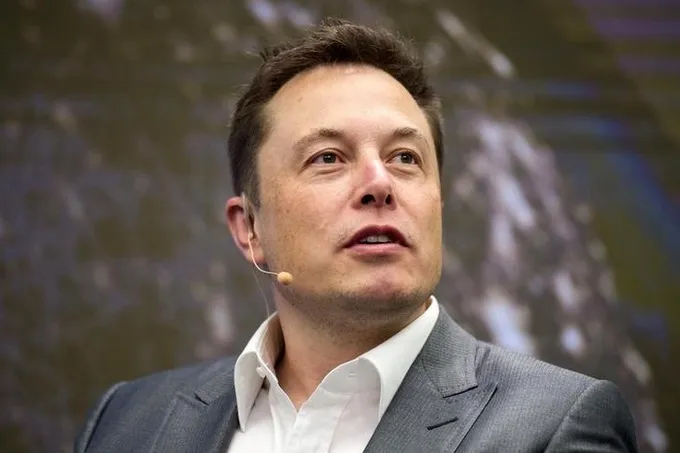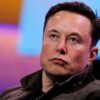Billionaire entrepreneur Elon Musk announced on Wednesday that he is stepping down from his role in the U.S. government, where he was tasked with reducing federal spending, following his public criticism of President Donald Trump’s new budget bill.
“As my scheduled time as a Special Government Employee comes to an end, I would like to thank President Donald Trump for the opportunity to reduce wasteful spending,” Musk wrote on his platform, X.
He added, “The DOGE mission will only strengthen over time as it becomes a way of life throughout the government.”
Musk’s resignation marks his first major break with Trump since the president’s return to office. The Tesla and SpaceX CEO had increasingly voiced opposition to the administration’s signature “One Big, Beautiful Bill Act,” which critics say will balloon the deficit by up to $4 trillion over a decade.
“I was disappointed to see the massive spending bill, frankly, which increases the budget deficit—not decreases it—and undermines the work the DOGE team is doing,” Musk said in an interview with CBS News.
DOGE, short for the Department of Government Efficiency, was established to slash bureaucracy and government waste. Under Musk’s leadership, the office initiated sweeping layoffs across federal agencies and shuttered several departments. Still, Musk complained that DOGE had become a scapegoat for broader dissatisfaction with government.
“DOGE is just becoming the whipping boy for everything,” he said in a separate interview with The Washington Post. “Something bad would happen anywhere, and we would get blamed for it even if we had nothing to do with it.”
White House officials downplayed the fallout. “The Big Beautiful Bill is NOT an annual budget bill,” said Deputy Chief of Staff Stephen Miller in a post on X, clarifying that DOGE-related cuts would require separate legislative action under Senate rules.
Despite their public split, Trump and Musk were once close allies. Musk was a prominent donor to Trump’s 2024 campaign, reportedly contributing over $250 million.
Musk acknowledged the limits of his influence in Washington, saying the entrenched bureaucracy proved more resistant than he expected. “The federal bureaucracy situation is much worse than I realized,” he said. “It’s an uphill battle trying to improve things in D.C., to say the least.”
Meanwhile, Musk’s businesses have also felt the impact. Tesla dealerships became targets for protests, with several vehicles reportedly set on fire, while the company’s profits slumped. “People were burning Teslas. Why would you do that? That’s really uncool,” he told the Post.
At the same time, SpaceX has faced challenges of its own. Just this week, its prototype Starship rocket exploded over the Indian Ocean, another blow to Musk’s long-term ambition of colonizing Mars.
Musk has indicated he will scale back his political involvement moving forward. “I’m pulling back,” he said last week, citing the toll on his companies and personal bandwidth.


